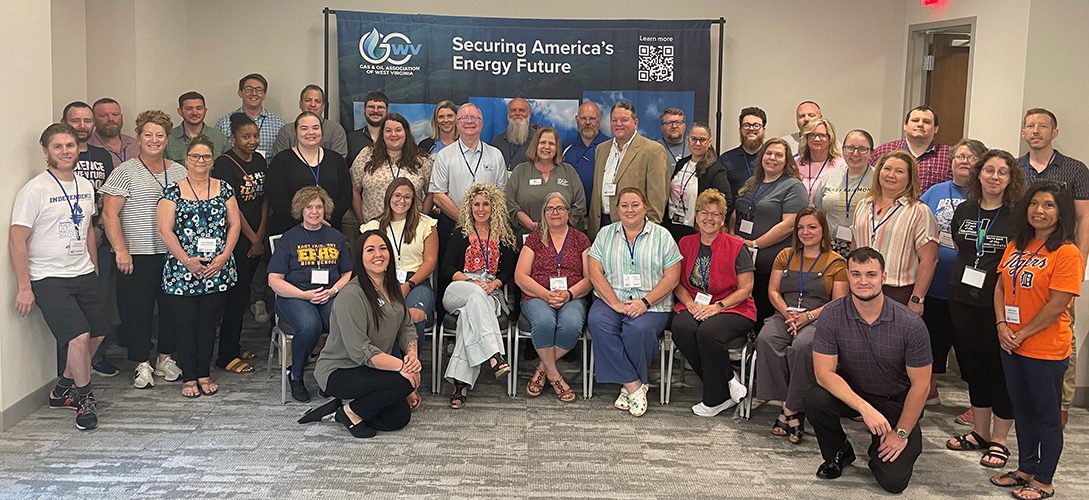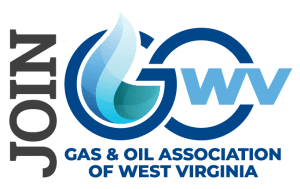
On June 5 and 6, the Gas and Oil Association of West Virginia (GO-WV) hosted its annual Science Teacher Workshop series in Morgantown, where they hosted 40 teachers from across the state and shared with them tools and knowledge necessary to integrate energy-related concepts into the classroom.
What Happened:
The annual event, hosted in Morgantown for the first time since its inception, works to bolster energy education by connecting science curriculum to energy uses across the supply chain.
The two-day workshop included a day trip to West Virginia University’s Statler College of Engineering and Mineral Resources, where the teachers were able to tour the rig floor simulator and the Lane Innovation Hub’s makerspace and service center. Seven comprehensive sessions provided curriculum, resource materials, lesson plans, and engaging activities for teachers to reference throughout the school year.
Why it Matters:
Educating West Virginia teachers about the natural gas industry generates benefits that ripple through both our education system and community at large. By equipping these educators with a comprehensive understanding of the natural gas sector, we enable them to integrate relevant, up-to-date knowledge into their curriculum and better educate the upcoming generations about our industry.
This, in turn, creates informed discussions amongst educators and more well-rounded students, bridging the gap between academia and industry and allowing these students to explore potential future career paths in the industry.
“Our goal with the Science Teacher Workshops is to empower teachers with the knowledge and skills needed to educate the next generation of energy leaders,” explained Jim Crews, GO-WV Vice President and MPLX Vice President of Business Development. “By bridging the gap between science education and the energy industry, we provide the resources opening students up to career opportunities in West Virginia’s rich energy industry.”
When we foster relationships with our educators, we create a direct line of communication that assists in cutting down misinformation and allows WV teachers to learn firsthand how the industry works.
“I am thrilled to have participated in this year’s Science Teacher Workshops. It is a unique opportunity for STEM educators to expand their teaching practices with real-world references,” said Maureen Miller, George Washington Middle School teacher. “I look forward to implementing these new resources and activities in the classroom to further engage and inspire our students to pursue STEM and energy-related careers.”

